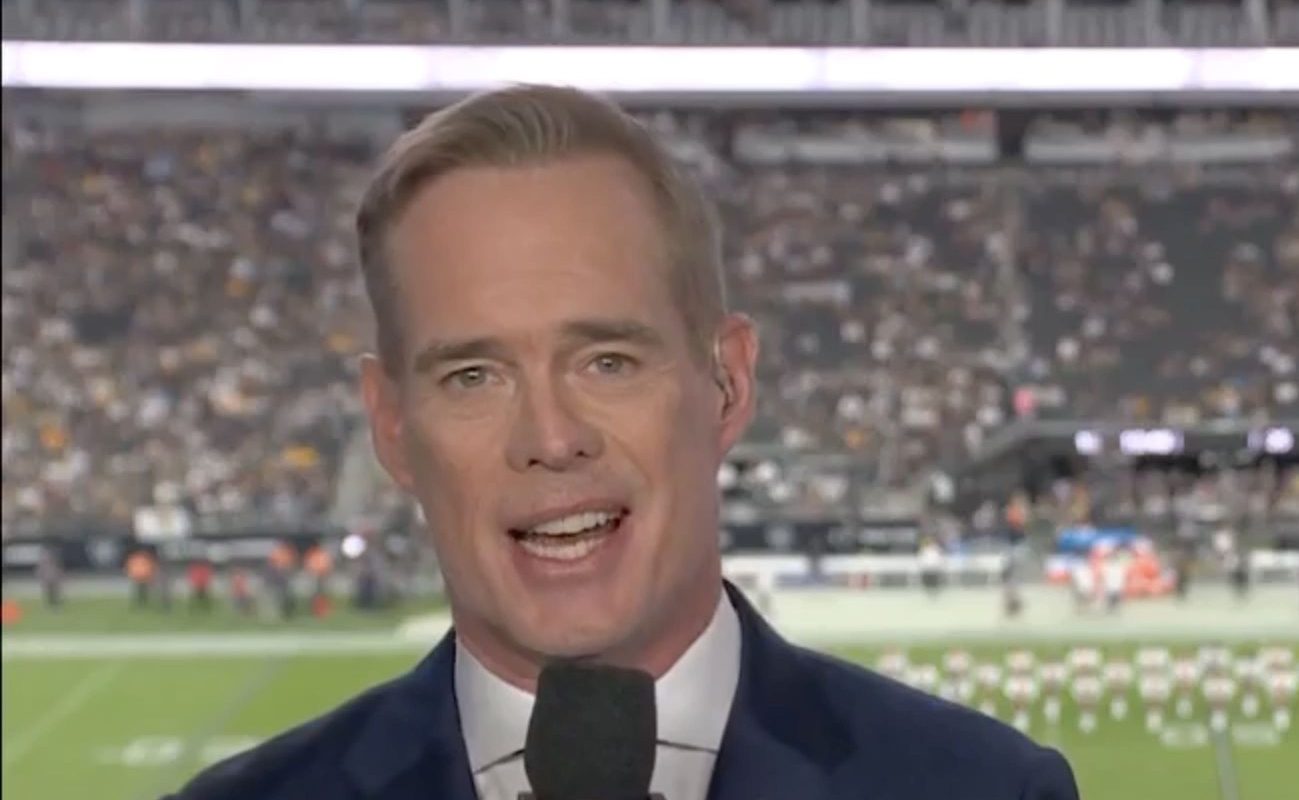Daring to be different is often risky, and ESPN historically hasn’t been afraid to take chances. Some ideas have revolutionized sports broadcasting. Some that the Worldwide Leader would love to erase from our collective memories with a neuralyzer.
Twenty years ago, ESPN made one of the biggest mistakes in its history. No, we are not talking about Mobile ESPN. This was different. This was worse. The network hired controversial political radio host Rush Limbaugh and then had the audacity to act shocked when Rush Limbaugh acted like Rush Limbaugh. Predictably, his stint didn’t last long. Limbaugh resigned on Oct. 2, 2003.
In retrospect, this debacle played out like a warped comedy because it was obvious to everyone—except ESPN—that this was destined to fail. Blame hubris. Blame an insatiable, desperate hunger to grow viewership. The network, which now has a stick-to-sports mandate, did anything but the moment it brought in one of the most polarizing people in America.
On the Sept. 28 episode of ESPN’s Sunday NFL Countdown, the names of Donovan McNabb and Limbaugh became forever intertwined. Limbaugh, hired to talk football, did not stick to sports. Instead, he did what he had always done throughout his career until his death in 2021. Inflammatory opinions made him a millionaire. That day, he offered his most infamous one.
Limbaugh could have just called McNabb overrated. Too easy. Not on brand. Instead, Limbaugh, with the Philadelphia Eagles entering that weekend 1-2, said, “I think what we’ve had here is a little social concern in the NFL. The media has been very desirous that a black quarterback do well. There is a little hope invested in McNabb, and he got a lot of credit for the performance of this team that he didn’t deserve. The defense carried this team.”
Tom Jackson immediately challenged Limbaugh, but the focus of his rebuttal was more on football and not the grenade thrown into the argument. This was a blatant attempt by Limbaugh to use race to delegitimize a Pro Bowl quarterback. Limbaugh’s comments quickly mushroomed and became a hot topic across the media landscape.
It was a different time in sports America. A record 14 Black quarterbacks started on Week One of this NFL season. In 2003, starting Black QBs weren’t as common, The mere suggestion that McNabb was receiving favorable national coverage because of the color of his skin was offensive, erroneous, and laughable.
There was no conspiracy. You can’t get the media to agree on anything.
Following the Eagles’ victory over the Buffalo Bills that Sunday, McNabb said, “It’s sad that you’ve got to go to skin color. I thought we were through with that whole deal.”
In damage-control mode, ESPN denied that Limbaugh’s comments were racially biased. The blowback was so severe that ESPN issued a statement: “Although Mr. Limbaugh today stated that his comments had ‘no racist intent whatsoever,’ we have communicated to Mr. Limbaugh that his comments were insensitive and inappropriate. Throughout his career, he has been consistent in his criticism of the media’s coverage of a myriad of issues.”
ESPN executive vice president Mark Shapiro added: “We brought Rush in for no-holds-barred opinion. Early on, he has delivered.”
Limbaugh was controversial but also successful. His radio show drew a huge audience, and at the time of his death, he was making $85 million per year. ESPN clearly had hoped some of his loyal listeners would tune in for Sunday NFL Countdown. But ESPN is also extremely sensitive to public criticism. The last thing the network wanted was to become entangled in a cultural scandal. Limbaugh resigned less than a week after his comments.
The impact of Limbaugh’s short stay still lingers at ESPN. The network has urged its talent to avoid discussions of race and politics. In 2018, ESPN president Jimmy Pitaro told employees “I do not believe that we are a political organization” and implemented a social media policy.
However, ESPN has been forced to confront these issues because of the Black Lives Matter movement and prominent athletes such as LeBron James speaking about the killings of George Floyd and Breonna Taylor. As much as people want to enjoy sports as escapism, it’s difficult to escape the intersection of sports, race, and politics.
A 2021 Ohio State University study found there are still sharp divides in America over race and politics in sports. Chris Knoester, a co-author of the study and associate professor of sociology at Ohio State wrote, “Sports are and have increasingly become a central part of the culture wars. Sports are not a neutral ground.”
When Limbaugh passed away at 70 due to lung cancer, his ESPN stint was featured prominently in the obituaries. Limbaugh never apologized for his McNabb comments, and his departure never adversely affected his radio career.
However, for the Worldwide Leader, this ugly moment should never be forgotten.







